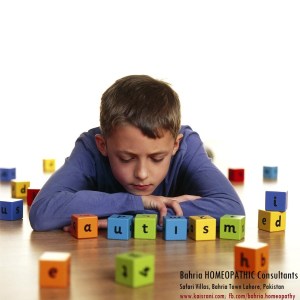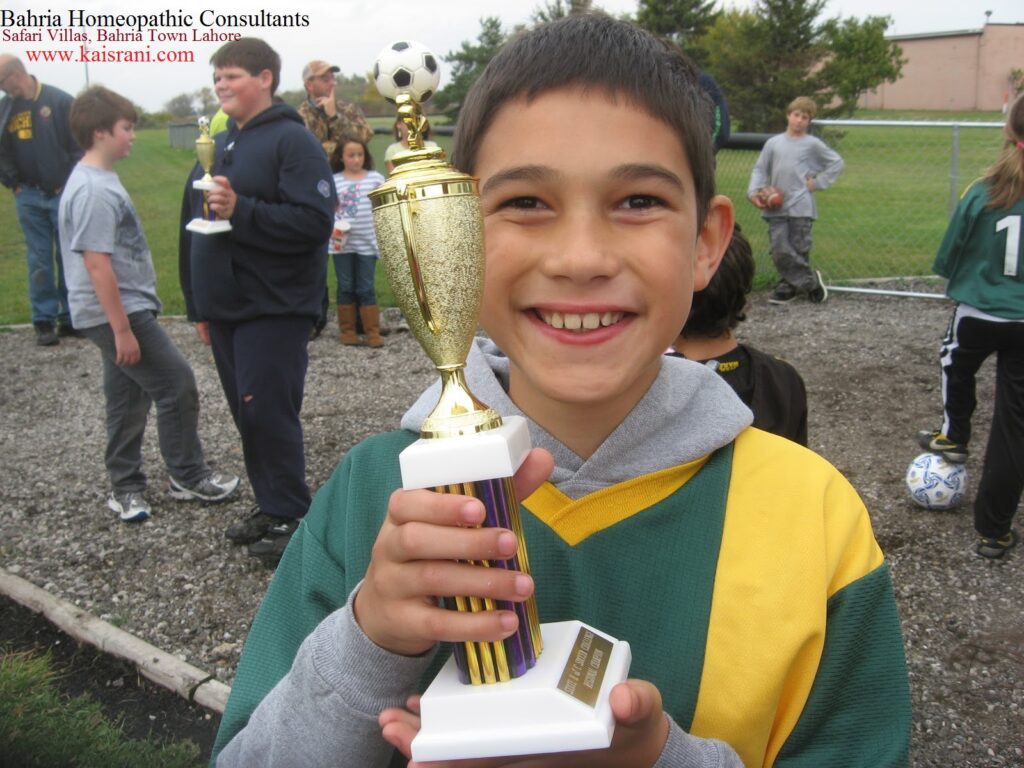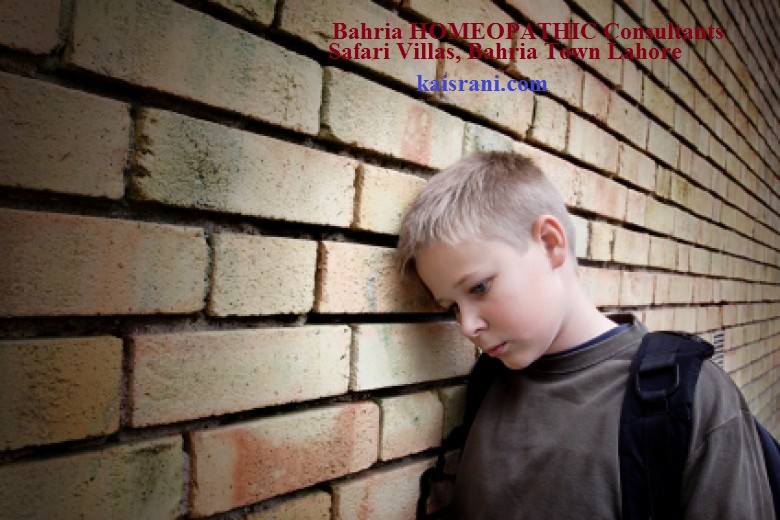Introduction
Over the past three years, there has been a noticeable increase in the number of families contacting my clinic for help with Attention Deficit Hyperactivity Disorder (ADHD) and Autism Spectrum Disorder (ASD). The number of enquiries has grown nearly tenfold compared to earlier years. This may be due to increased awareness or the emotional and neurological effects of life during and after the COVID-19 pandemic.
At a recent international homeopathy conference, a well-known physician from the United States shared a concerning observation: more than 25% of school-aged children in the US are currently taking medication such as Ritalin (methylphenidate) or Risperdal (risperidone) for behavioural or developmental issues. This raises serious questions about the current approach to these conditions.
Why are these diagnoses increasing?
Are ADHD and ASD truly becoming more common, or are we simply getting better at identifying them? Today’s fast-paced world exposes children to constant noise, pressure, and stimulation. They often don’t have enough time or space to develop emotionally and mentally at a natural pace.
Many children show signs of distraction, restlessness, or emotional shutdown. These behaviours are quickly labelled and often treated medically, even when they may be natural responses to an overstimulating environment.
How symptoms appear differently?
ADHD and ASD present in a variety of ways, depending on the individual:
- Some children are hyperactive, impulsive, and easily distracted.
- Others are quiet, anxious, or absorbed in repetitive behaviours.
- Many develop low self-esteem as they struggle to meet expectations at home or school.
Autism symptoms may include delayed speech, poor eye contact, sensory sensitivity, and social difficulties. Despite this wide range, conventional treatment often relies on a narrow set of medicines.
The homeopathic approach
Homeopathy offers a safe, gentle, and personalised alternative. Instead of suppressing symptoms, it works by strengthening the body’s natural healing ability – what homeopaths call the vital force.
Every child is unique. In homeopathy, we consider not just the diagnosis, but the individual’s personality, emotions, behaviours, medical history, and even their early developmental experiences. The remedy is chosen specifically for that child – not for the label.
This individualised care is what makes homeopathy so different from conventional treatment.
What the research says?
While more large-scale studies are still needed, there is growing clinical and scientific evidence supporting the use of homeopathy for behavioural and developmental disorders. Homeopathic medicines are non-toxic, non-addictive, and free from side effects.
Parents can feel confident using homeopathy alongside conventional care, especially under the guidance of a qualified practitioner.
Integrating care for better outcomes
Homeopathy does not need to replace conventional medicine. Often, the best results come from a respectful, combined approach. Parents should feel comfortable discussing their choices with both their homeopath and medical doctor. Working together benefits the child most.
Message to parents and caregivers
If your child is struggling with focus, learning, behaviour, or emotional challenges, know that there are safe and natural options. Homeopathy offers a holistic path; one that honours your child’s individuality. It supports healing from the inside out, not just short-term control.
About the author
Dr Hussain Kaisrani is a classical homeopathic consultant, psychologist, and expert in mind sciences based in Lahore, Pakistan. He specialises in treating behavioural, emotional, and developmental challenges in children and adults. Known for his thoughtful and personalised approach, Dr Kaisrani combines deep clinical knowledge with a compassionate understanding of each patient as a whole; mind, body, and soul.



